Poverty in the name of EU membership: Pashinyan ready to condemn Armenia to starvation
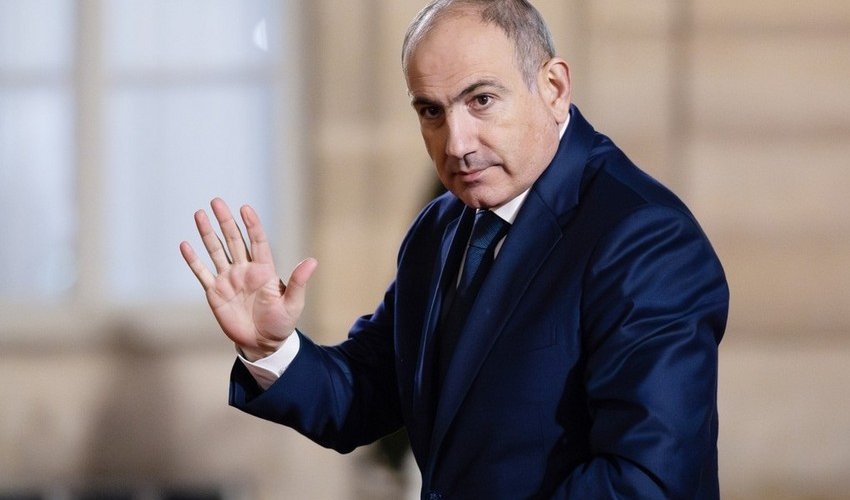
Armenian Prime Minister Nikol Pashinyan has called on the government to find alternative routes for food supplies to the republic. Yerevan hopes to reduce its dependence on the Russian market but currently sees no opportunities for doing so. At the same time, the republic is not abandoning the idea of joining the European Union, which could trigger a food crisis in the country.
According to the information, the NEWS.ru publication analyzed in its material why Pashinyan is ready to condemn his fellow citizens to hunger.
The article notes that on February 18, the head of the Armenian parliament's commission on European integration, Arman Yegoyan, stated that no referendum would be required to adopt the bill on the republic's accession to the European Union, thereby confirming Yerevan's determination to adhere to the course of European integration.
The bill on Armenia's accession to the EU was prepared by the civic initiative group "EuroReferendum," which collected 60,000 signatures, surpassing the required 50,000 to submit the initiative to parliament. On January 9, the document was considered at a government meeting, after which it was sent to the legislative body for discussion.
Conditions under which Armenia can join the European Union
Joining the European Union is a very lengthy process, Armenian political scientist Grant Mikaelyan told NEWS.ru.
"I remind you that Armenia does not have a common border with the European Union. Therefore, it is impossible to talk about the republic's accession to the EU if Georgia is not also accepted into the union, as this country was considered a route through which Armenia would logistically and politically connect with the EU. And the reorientation towards Türkiye is a very interesting change in the republic's overall policy. However, I would not be surprised if Pashinyan decides to do this as well," Mikaelyan said.
The political scientist also noted that the EU itself is not ready to accept Armenia, as there is already a long queue of countries that have long officially applied for membership in the union. According to him, Armenia is not even on this list yet.
"For its part, the European Union is practically no longer expanding; on the contrary, it recently lost Great Britain," the political scientist recalled.
As Politico pointed out, the process of joining the EU can take decades, as it includes six so-called clusters, divided into 35 "chapters," as the country-applicant's compliance with EU criteria in a wide range of political areas, such as the development of democratic institutions, the judicial system, respect for fundamental human rights and freedoms, and so on, is assessed.
What will Yerevan face if it joins EU?
As Armenia sets its sights on joining the European Union, Prime Minister Nikol Pashinyan has called for exploring alternative options for securing key commodity supplies. During a government meeting on February 18, Pashinyan emphasized the need for flexibility in ensuring food security and stressed the importance of promoting local production. The meeting also discussed calculating minimum food baskets for various age groups.
Armenia currently relies heavily on grain imports from Russia, with local production meeting only a fraction of the country's needs, especially after the loss of Karabakh. Nearly all of Armenia's sunflower oil and a significant portion of its sugar are also imported from Russia.
The gradual realization of the true cost of EU aspirations seems to have prompted Armenian authorities to begin reassessing traditional food supply routes.
What prevents Yerevan from being part of both EU and EAEU
Simultaneously belonging to both the EU and EAEU is not feasible, as they are free trade zones that protect their markets from goods originating in the other zone, explains Nikolay Silayev, a leading researcher at the Center for Caucasus Problems and Regional Security at MGIMO University. If Armenia joins the EU free trade area, it would have to fully impose sanctions against Russia as required by the EU, effectively ending Armenia's trade with Russia and its participation in the EAEU.
Moreover, he said that ifYerevan chooses a European path, it will not be able to quickly restructure its economy and will face serious economic and social consequences.
Russia is one of Armenia's key, if not the largest, trading partners overall, the expert said, adding that Armenia's trade turnover with other EAEU countries also accounts for a huge share of its foreign trade. Additionally, Yerevan purchases Russian energy at reduced prices and benefits from access to the EAEU labor market.
Alternatives to Russian food supplies Armenia
According to the Telegram channel Rybar, Kazakhstan has emerged as a potential lifeline for Armenians. However, this move could be interpreted as another step towards deeper integration into the Turkic world, and it remains unclear whether Kazakhstan is prepared to enter the Armenian market.
Theoretically, Armenia could replace Russian food by sourcing it from Kazakhstan and other countries, noted political analyst Nikolai Silayev. However, Russian products have significant market advantages, including low production costs and well-established logistics.
Armenia's landlocked position limits its transit routes for goods to just two options: through Georgia and Iran. "Georgia could theoretically supply Yerevan in case of reorientation towards the European Union," Silayev explained. "There's also international law that regulates the position and transit for landlocked countries. As for Iran, transit through it to Armenia is not as significant as through Georgia, since Tehran is not connected to Yerevan by railway, unlike Tbilisi."
Reasons why Pashinyan needs European integration
The topic of European integration has become a focal point in Armenian politics, with Prime Minister Nikol Pashinyan seemingly using it as a key campaign issue for the upcoming 2026 parliamentary elections. The Armenian opposition, however, believes that EU membership is an unpromising prospect and favors further integration into the Eurasian Economic Union (EAEU).
"I absolutely don't understand how one can gain political capital by promising citizens a deep economic crisis and rising food prices in case of leaving the EAEU. If he wants to gain greater popularity this way, in my opinion, this is not the most obvious method," Silayev said.
The political scientist emphasized that if Armenia chooses the European course, it will have to impose sanctions against Russia, which would weaken ties between Yerevan and Moscow. However, he noted that Russia does not plan to sever relations with Armenia, stating, "No one will go for this. Moscow does not interfere in Armenia's sovereign affairs."
Pashinyan, faced with the reality that Armenia's economy could face a severe crisis without Russia and the EAEU, appears to be using the European path as a cover for his desire to stay in power despite failures and setbacks.
























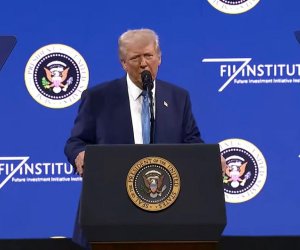


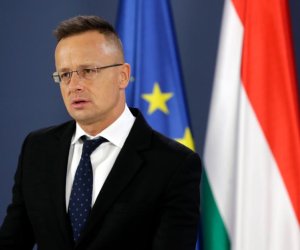

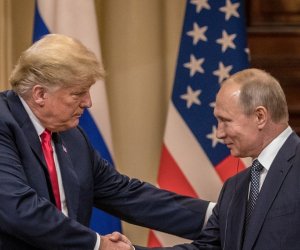
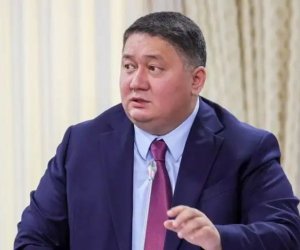
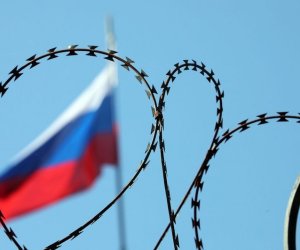
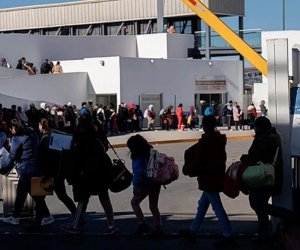



 Photo
Photo 



 Video
Video 

